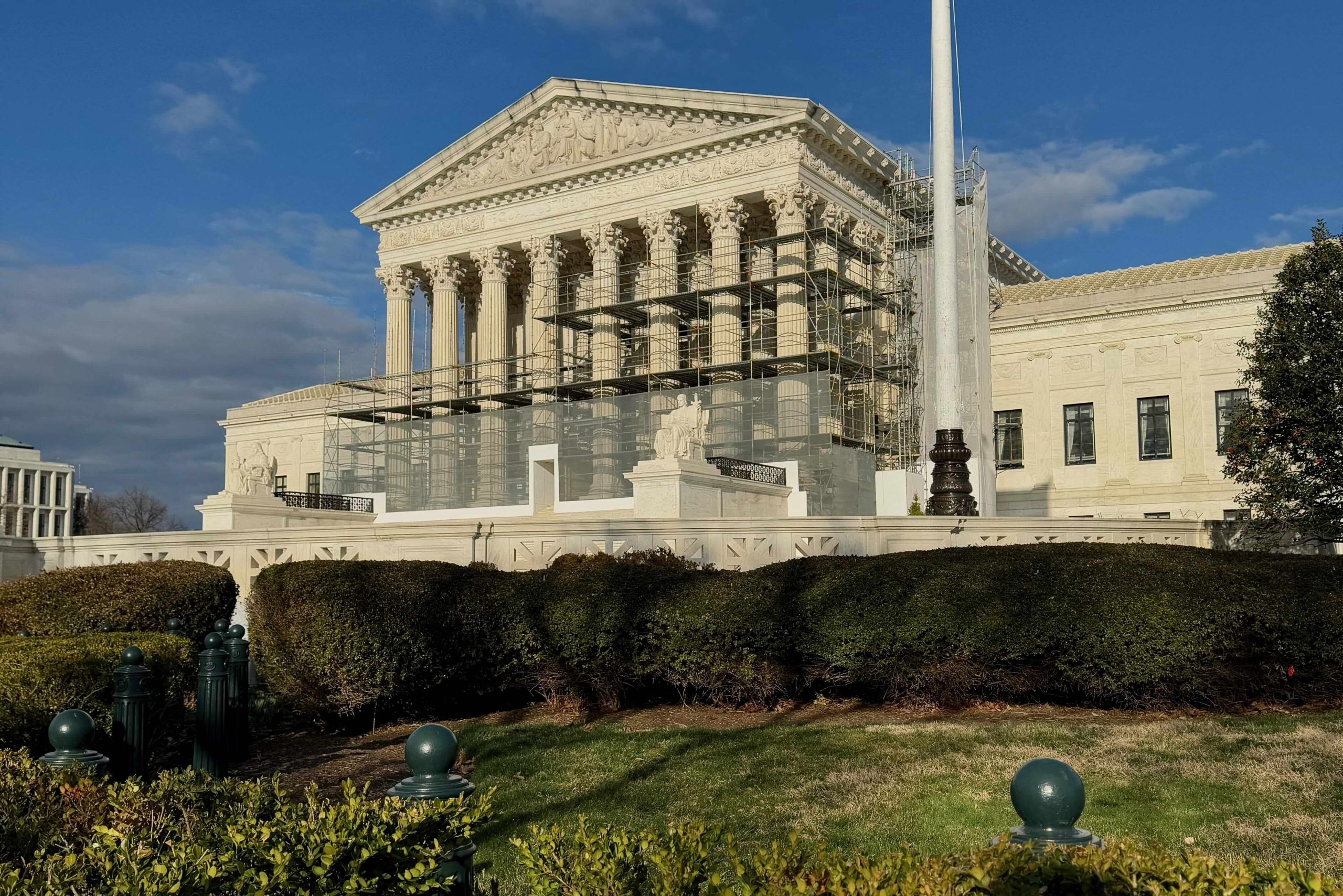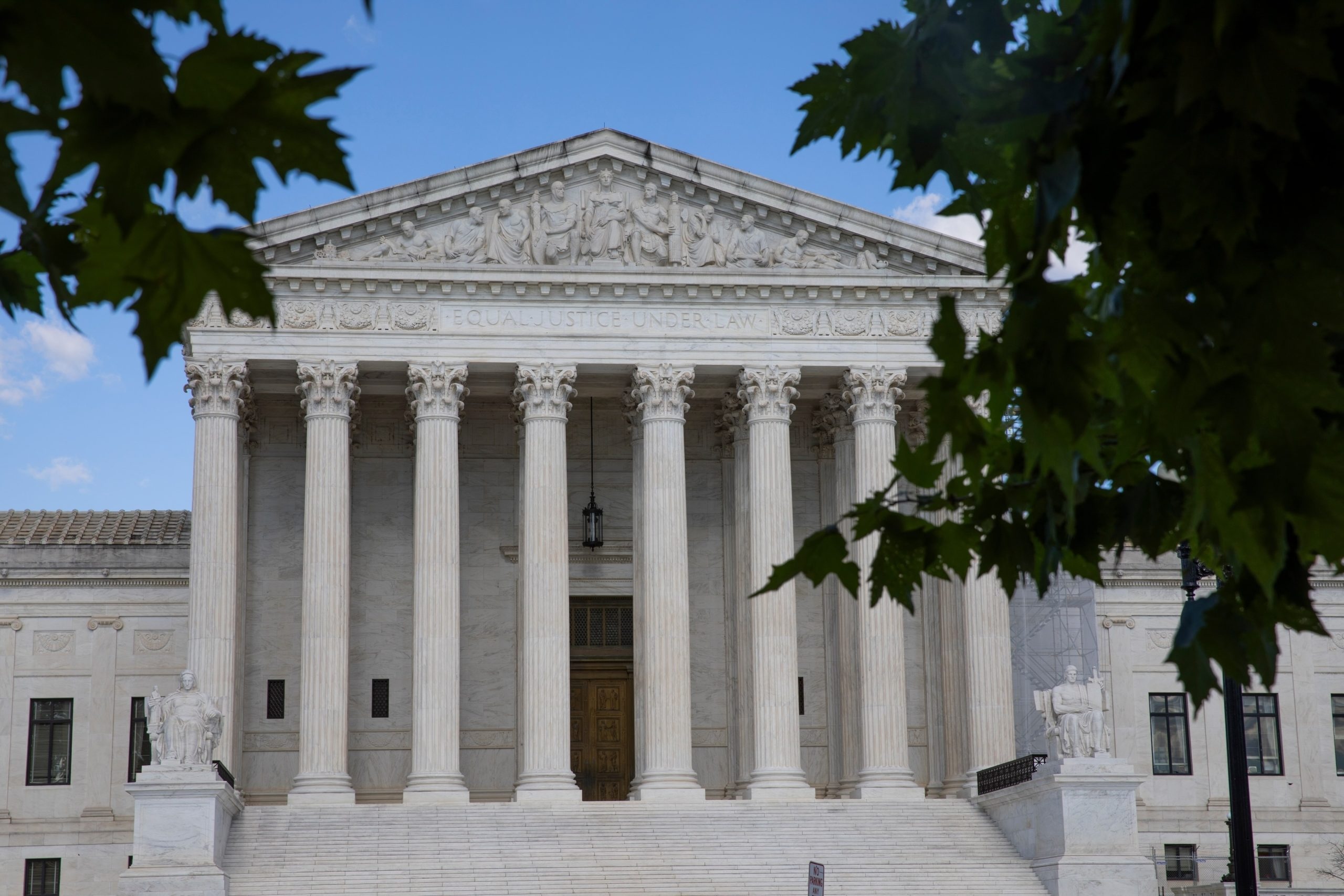Supreme Court considers parents’ efforts to exempt children from books with LGBTQ themes
The Supreme Court will hear oral arguments on Tuesday in the first of two cases in April involving religion and public schools. In Mahmoud v. Taylor a coalition of parents from Montgomery County, Md., contend that requiring their children to participate in instruction that includes... The post Supreme Court considers parents’ efforts to exempt children from books with LGBTQ themes appeared first on SCOTUSblog.
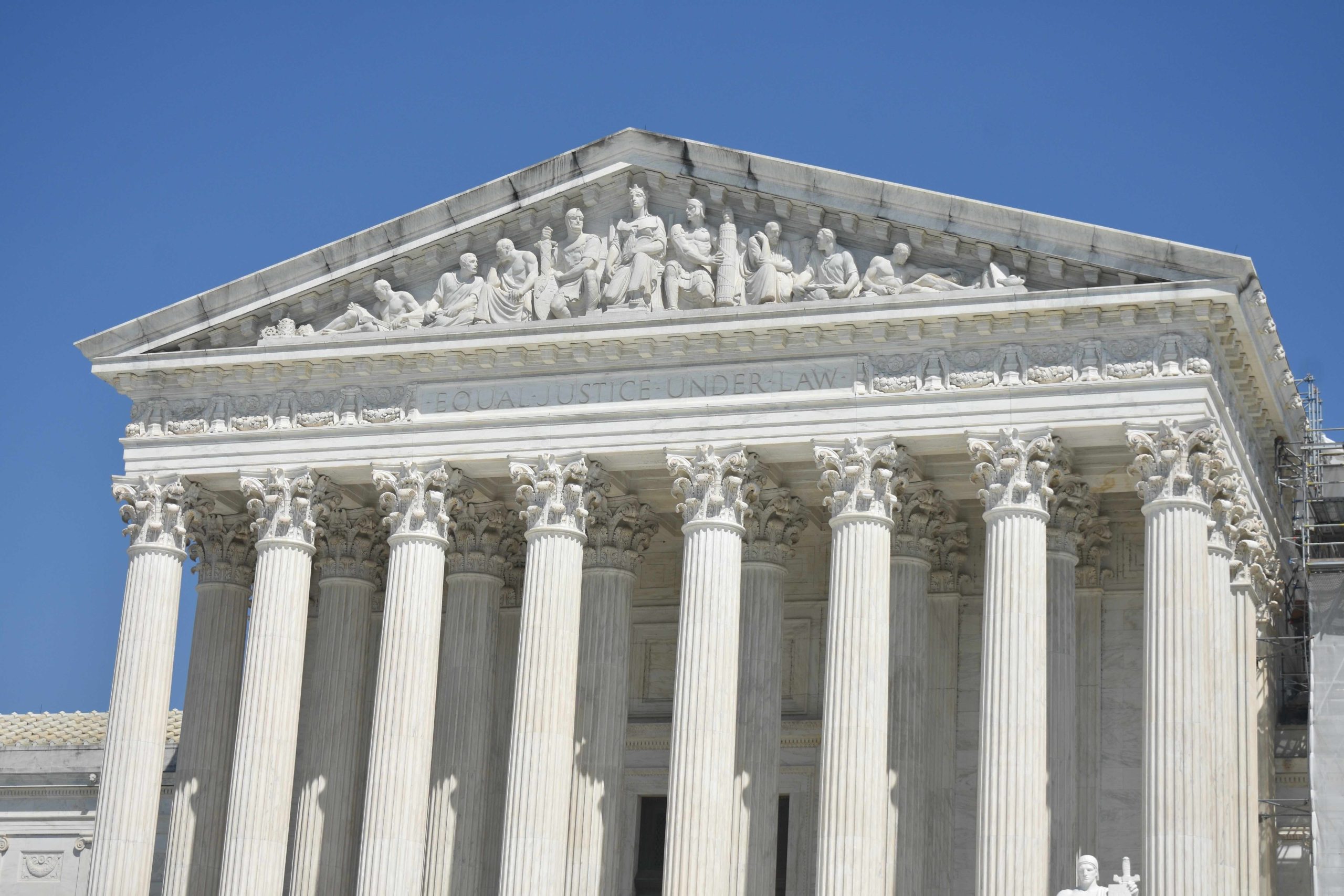
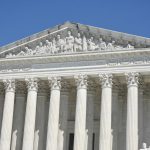
The Supreme Court will hear oral arguments on Tuesday in the first of two cases in April involving religion and public schools. In Mahmoud v. Taylor a coalition of parents from Montgomery County, Md., contend that requiring their children to participate in instruction that includes LGBTQ+ themes violates their religious beliefs and thus their First Amendment right to freely exercise their religion.
Montgomery County, in the suburbs of Washington, D.C., is the largest school district in Maryland and one of the country’s most religiously diverse counties. The dispute before the justices on Tuesday began in 2022, when the county approved books featuring LGBTQ+ characters for inclusion in its language-arts curriculum. One book used for young children, Pride Puppy, tells the story of a puppy that gets lost during a Pride parade. Another book tells the story of a girl attending her uncle’s same-sex wedding.
When the county announced in 2023 that it would not allow parents to opt to have their children excused from instruction involving the storybooks, a group of Muslim, Catholic, and Ukrainian Orthodox parents went to federal court. They contended that the refusal to give them the option to opt their children out violated their constitutional right to freely exercise their religion – specifically, their ability to instruct their children on issues of gender and sexuality according to their faith and to control when and how these issues are introduced to their children.
The lower courts rejected the parents’ request for an order that would temporarily require the county, while the litigation continued, to notify the parents when the storybooks would be used and give them a chance to opt out of instruction. The U.S. Court of Appeals for the 4th Circuit explained that on the “threadbare” record before it, the parents had not shown that exposure to the storybooks compelled them to violate their religion.
The parents came to the Supreme Court in September, and the justices agreed to take up their case.
In their brief in the Supreme Court, the parents point to two different Supreme Court cases. First, they say, more than 50 years ago in Wisconsin v. Yoder, the justices “recognized ‘beyond debate’ the First Amendment right of parents ‘to guide the religious future and education of their children.’” This means, they say, that under the free exercise clause, parents can opt out of instruction that would “substantially interfere with their religious development.”
In Yoder, the parents observe, the court held that Amish parents did not have to send their children to school after the eighth grade, because they believed that doing so conflicted with their religion and way of life. Here, the parents say, they are merely seeking to be able to excuse their young children from one particular subset of the public schools’ instruction that “deliberately seeks to confound their religious values.”
And under the Supreme Court’s 1993 decision in Church of Lukumi Babalu Aye v. City of Hialeah, the parents continue, the school board’s policy is unconstitutional because it is neither neutral nor generally applicable. The board of education, the parents stress, has “long allowed notice and opt-outs for any ‘instruction related to family life and human sexuality.’” But by contrast, the parents write, they cannot opt to have their very young children sit out discussions on “sexuality and gender identity during English class.” Moreover, they add, board members have displayed “explicit religious hostility” to the parents who have objected to the curriculum, suggesting that they were aligned with “white supremacists” and “xenophobes.”
The Trump administration filed a brief supporting the parents. Sarah Harris, then the acting solicitor general, told the justices that because the county will not notify the parents before the LGBTQ-themed storybooks are used or give them an opportunity to opt out of instruction using those books, parents can only comply with their religious obligations to their children by withdrawing their children from public school altogether. “That,” Harris contends, “is textbook interference with the free exercise of religion” – even if the parents’ children do not ultimately feel pressured or coerced by the instruction using the storybooks.
The Montgomery County Board of Education (along with the superintendent of schools, Thomas Taylor, and members of the board) counter that under both the Constitution and the Supreme Court’s cases interpreting the free exercise clause, the parents must show that either they or their children are being coerced to change their religious beliefs or practice. The Supreme Court, they contend, has never held that when parents opt to send their children to public schools, their children’s exposure to material to which their parents have religious objections is the kind of coercion needed to establish a claim under the free exercise clause, and it should not do so here.
The board cautions that accepting the parents’ argument that the lack of an opt-out option imposes a burden on their religious beliefs would “leave public education in shreds” “by entitling parents to pick and choose which aspects of the curriculum will be taught to their children.”
But in any event, the board continues, the parents have not shown that in this case that there has been any coercion. They have not provided any evidence, the board stresses, “that any parent or child was penalized for his or her religious beliefs, asked to affirm any views contrary to his or her faith, or otherwise prohibited or deterred from engaging in religious practice.”
The Supreme Court, the board writes, should not consider the parents’ argument that the policy is not neutral and generally applicable, because they did not make it in the lower courts. But in any event, the board adds, the policy is in fact both of those things: “It treats comparable religious and secular activity exactly the same; no opt-outs from ELA lessons using the storybooks are permitted.” And there is no indication that the policy was based on a hostility to religion. Instead, MCPS decided to stop the opt-outs because it received too many requests that were not based on religion.
A decision in the case is expected by late June or early July.
This article was originally published at Howe on the Court.
The post Supreme Court considers parents’ efforts to exempt children from books with LGBTQ themes appeared first on SCOTUSblog.






























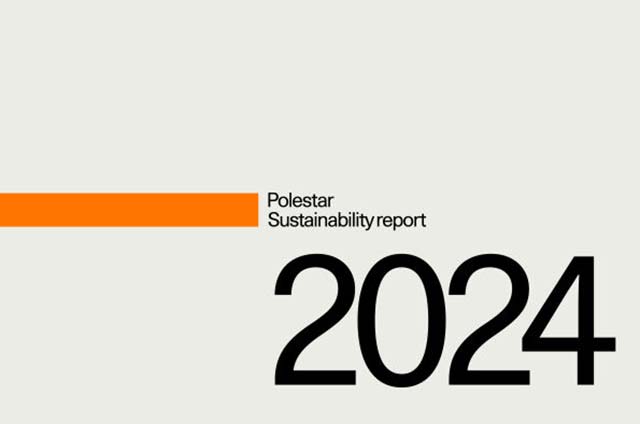

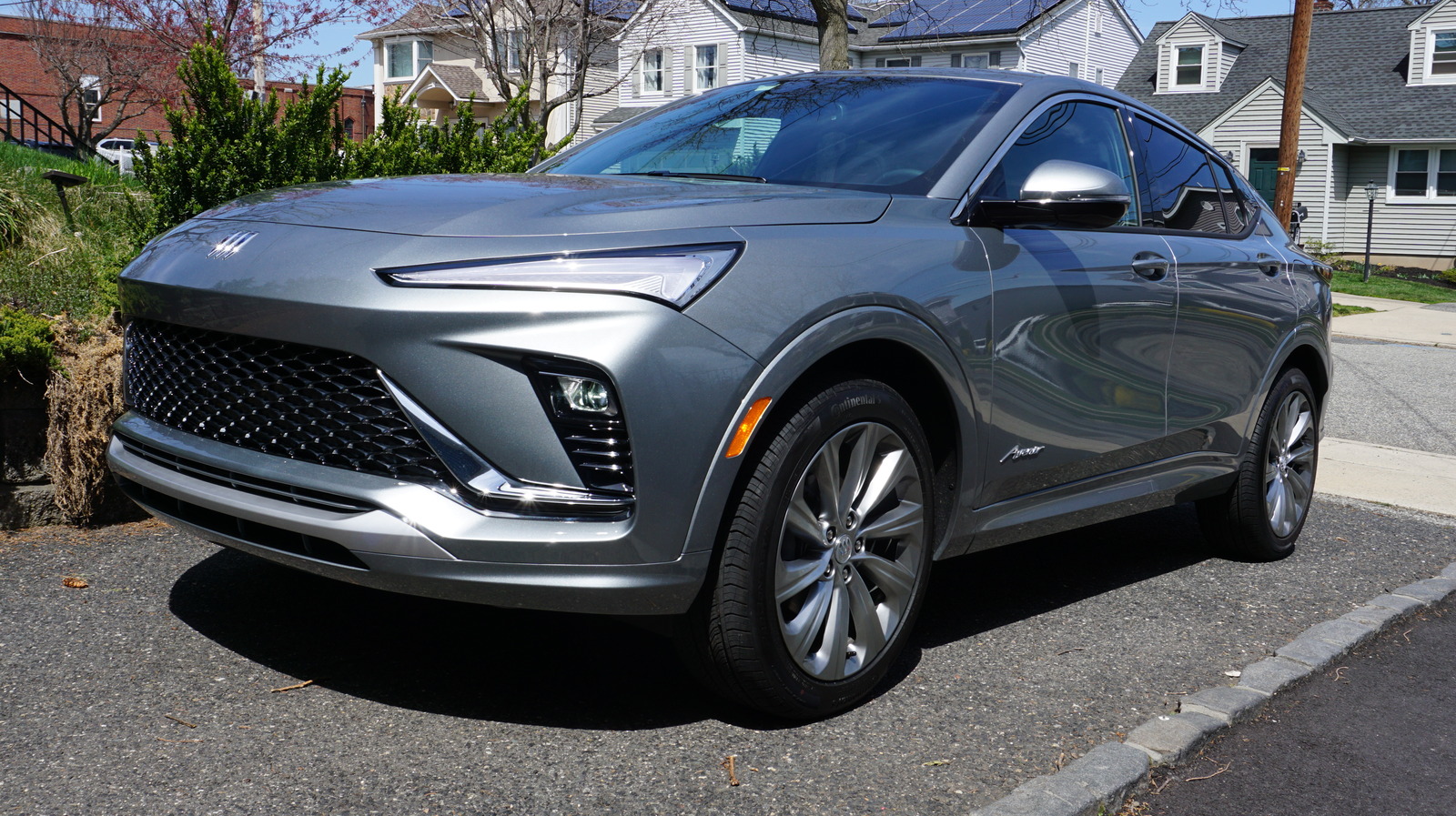
















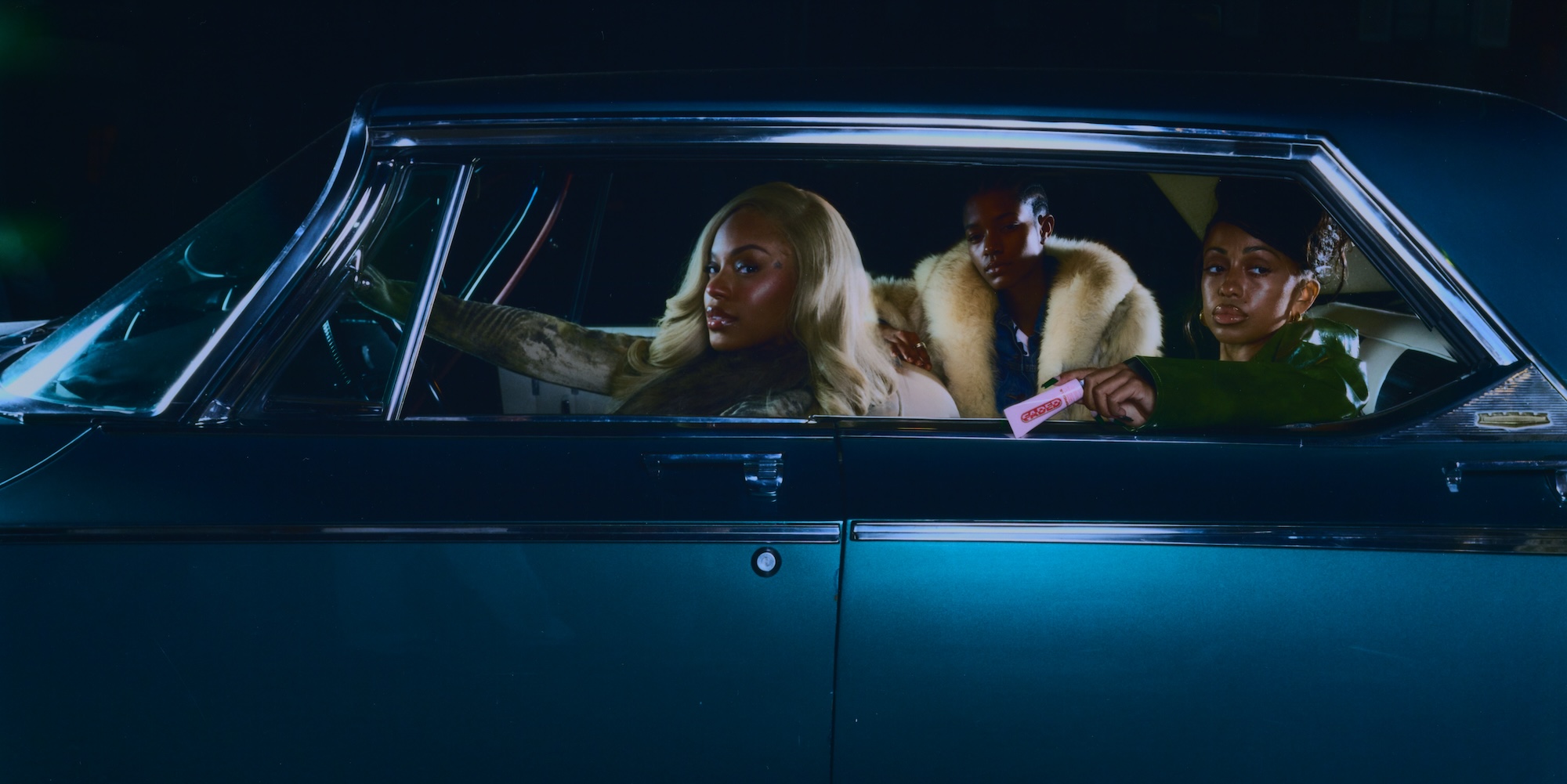















































































































.jpg)




